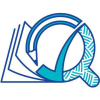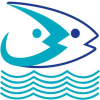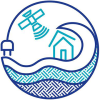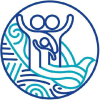Writing is an essential skill for success in life and work. Writing allows for greater opportunities to communicate with others, both in the workplace and in personal circumstances. No matter the language, it is important to have the skills to record thoughts, messages and ideas.
PILNA collects writing performance information through its literacy assessment. This assessment collects information for both writing and reading.
For the writing assessment, students were asked to write a story based on a choice of prompts. Their stories were graded in six different areas. It should be acknowledged that, due to the nature of assessing writing, these stories were graded using assessor judgements rather than correct or incorrect answers. Assessors used a rubric to assign different levels to performance – codes and their corresponding scores.
While the subjective nature of this assessment is noted, PILNA coding staff were thoroughly trained and well supported before coding began, so there was consistency among coders.
The six areas of writing that PILNA assesses:
- quality of ideas – the quality of the student’s ideas and how well those ideas are developed to produce an interesting story;
- structure and organisation – the student’s ability to shape or produce a coherent story with ideas that are related to each other and logically sequenced;
- grammar and syntax – the student’s ability to produce a range of sentence structures with accuracy;
- vocabulary – the variety of vocabulary used in the story;
- spelling – the student’s ability to spell basic and more difficult words; and
- punctuation – the range and precision of punctuation used in telling the story.
PILNA 2021 has made a change to its analysis of literacy data. In previous PILNA cycles, reading and writing were combined into a single literacy score. For this cycle, and for future cycles, Pacific stakeholders decided to analyse student performance in reading and writing separately.
This allows for richer analysis and the ability to provide more targeted insights and recommendations to Pacific stakeholders. Performance data is still comparable with data from previous PILNA cycles.
This page shows student performance in writing across the region from PILNA 2021; over 40,000 students participated in this PILNA cycle. Writing performance was analysed by student year level – year four and year six.
Comparisons within the year levels are made by gender and by earlier PILNA assessments (2015, 2018) where appropriate. Comparisons with 2012 are not available because writing performance was analysed in a different way in the 2012 PILNA cycle.








